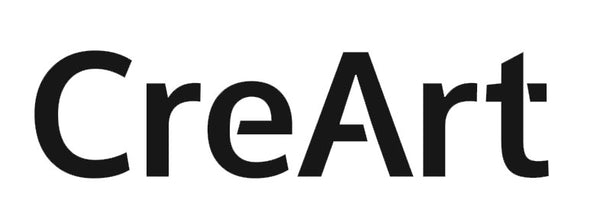The digital world is competitive. You have to do your best all the time, implement the right strategies, and keep on learning to improve your site's rankings.
To help you keep afloat despite the stiff virtual competition, here are the top tips you can follow to optimize your site's page elements:
Every page of your website has a designated space to insert metadata. It's found between the <head> tags. It has details about the page's content.
If a web team is handling your site, they will also manage the data. But still, you have to ensure that the metadata is updated as your webpage changes through time.
Metadata on Title
This is the most crucial metadata on your site as it dictates the page title you see at a browser's top portion and the headline displayed in search results. Ensure that you use keyword phrases in your page titles.
Description Metadata
This is like the window display of your web page. People will decide whether or not they will continue visiting or reading through the content by what they see in the description. It has to be appealing but concise and is typically written in two sentences.
Keyword Metadata
Despite the feature being rarely used in tabulating rankings of search engines, you can always add this. Keep it up to seven phrases - up to four words for every phrase.
This is the life of your webpage. It boosts your traffic and gives the impression to people that you are an authority in the field you are tackling.
Target Keywords
Assign a certain keyword phrase for all your content. This is the phrase that a reader will most likely input as they try to search for an article or page like yours.
Keyword Placement
To boost your ranking, place the keyword phrase or part of it in the page URL, page title, and the headings and subheadings used on the page.
Multiple Phrases of Keywords
Unless the phrases are similar, it is unlikely for your website to rank using several phrases. However, you can create a separate website for each target keyword phrase.
People and search engines value content. To keep your page relevant, you have to update your content regularly. Follow a schedule in auditing your site's content and update on a regular basis.
Blogging
It will help to post blog content filled with keyword phrases to boost your rankings. You can link the posts with related CMS webpages to give your readers valuable details about the topic.
Final Thoughts
At the end of it all, you are still writing for humans, so you have to publish content they will understand. However, ensure that you use elements that will boost your ranking, such as heading tags, italics, and bold in H1 and related parts of the posts.
Always think about your readers, and write for them. This way, they won't hesitate to seek you out the next time they search for topics found on your site. Add value every single time.

